Busted: 8 Counterfeiting Schemes That Shook The IT Market
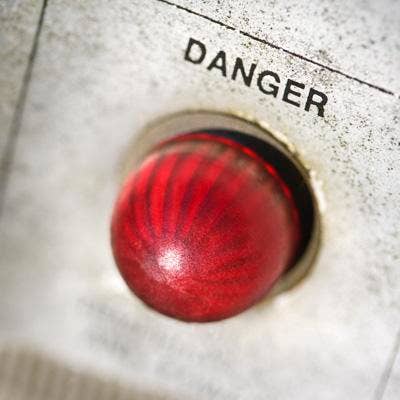
Crime And Punishment
A 2012 report from market-research firm IHS iSuppli said that the number of counterfeit parts has "soared dramatically" in the past few years. Between 2009 and 2011 alone, supply chain participants reported 1,363 separate counterfeit incidents worldwide, a fourfold increase from the 324 reported in 2009.
And vendors ranging from Cisco to Hewlett-Packard to Microsoft have felt the ill effects of that jump. All three of these tech giants -- and they certainly aren't alone -- have grappled for years with counterfeit sales of their products, many of which have been driven by one of their reseller partners.
From one-off sales of bootleg software, to massive counterfeit rings that netted $143 million, here are eight notable counterfeit busts that captured the tech world's attention.
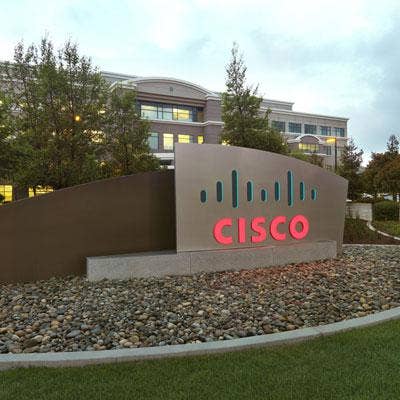
Cisco Reseller Rakes In $37 Million
Cuong Cao "Calvin" Dang, owner of San Jose, Calif.-based solution provider Network Genesis, allegedly sold millions in fraudulent Cisco gear and then used the money to buy real estate and luxury cars.
Dang this year faced charges on multiple counts of fraud for allegedly buying counterfeit gear from Cisco employees, and then reselling that gear to his customers after tweaking the serial numbers to make the products more difficult to trace. Dang was thought to be selling counterfeit goods between January 2006 and January 2013.
Dang, according an indictment filed by Cisco, then used the $37 million he made selling bogus routers and switches to buy at least 11 pieces of property in San Jose and five vehicles, including a $105,000 Mercedes Benz.
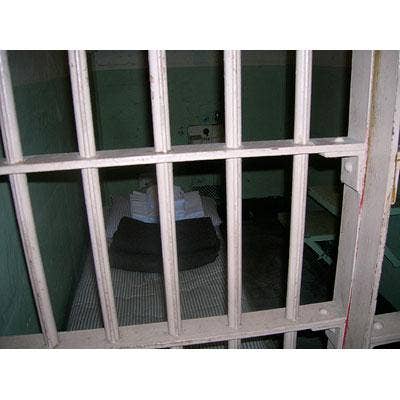
Virginia Woman Gets 60 Months For Phony Cisco Gear
In 2011, Chun-Yu Zhao of Chantilly, Va., was sentenced to 60 months in prisonfor helping to lead a counterfeiting group that specialized in Cisco equipment, according to the U.S. Department of Justice.
Court documents said Zhao and co-conspirators in China lied on declaration forms and used counterfeit labels and packaging to sell fake Cisco products. Zhao ran a Chantilly-based networking equipment reseller business called JDC Networking, and used as many as nine aliases during the scam.
In addition to her 60 months, Zhao was ordered to pay $2,709,238 in restitution and a $17,500 fine. She also faces three years of supervision following her release from prison.
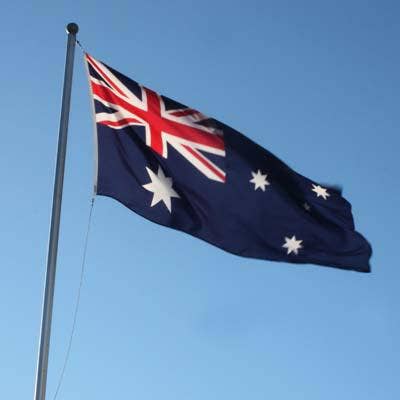
Microsoft Down Under
Microsoft Australia won a case this September against Paul McLane, a Melbourne trader who produced and sold counterfeit copies of Microsoft's Windows and Office software
According to a report from ComputerWorld, McLane was trading the phony software under the name "Software Paul," and was ordered by the Federal Circuit Court of Australia to pay $4,994.95 in compensatory damages plus $300,000 in damages for multiple copyright infringements against Microsoft.
The Federal Circuit Court found McLane to be a repeat offender. In 2005, Victorian police seized 1,473 pirated discs from McLane, along with an additional 799 discs in 2006.
In his most recent scheme, investigators discovered McLane selling copies of Windows containing malware. He was caught by Microsoft intellectual property investigators during an Office sweep conducted in 2012.
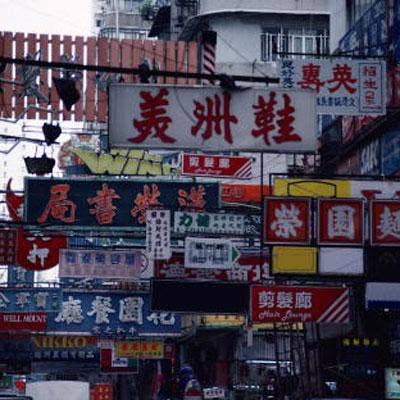
Hong Kong Customs Seizes Counterfeit HP Gear
The Hong Kong Customs & Excise Department in August 2011 seized thousands in counterfeit HP supplies, including 2,580 toner packages and 3,250 toner security labels used to make counterfeit HP printing cartridges.
The seizure, according to HP, resulted in one individual being sentenced to three months imprisonment in January 2013, and another sentenced to community service and monetary fines in August 2012.
HP, in a statement, said it collaborated with local law enforcement "to make this action possible."
"Our commitment to our customers is the driving force behind the vigilance of our anti-counterfeit team, as we understand how the sale of counterfeit HP products negatively impacts our customers and the HP brand," HP said at the time.
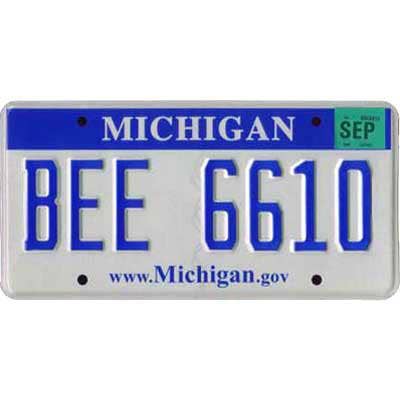
Microsoft's Michigan Woes
In November 2012, Bruce Alan Edward of Atlanta, Mich., was arraigned in a U.S. District Court after allegedly distributing counterfeit copies of Microsoft Office 2003 Professional and Windows XP Professional.
Edward faced charges of mail fraud and the sale of counterfeit software worth more than $1.2 million, according to a report from ComputerWorld. Edward allegedly purchased the counterfeit Windows copies from China and Singapore, and then resold them on eBay. He was charged with five counts of criminal copyright infringement and one count of mail fraud.
The U.S. Department of Justice said at the time that Edward faced a maximum of 45 years in prison and $1.5 million in fines.
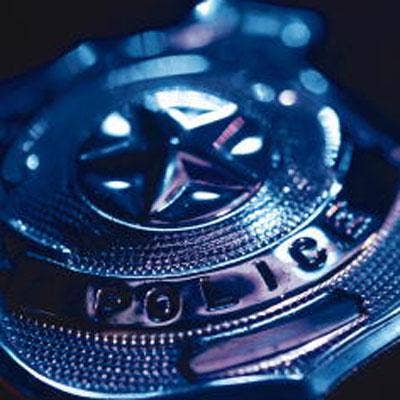
'Operation Network Raider'
The U.S. Department of Justice in May 2010 revealed the results of an ongoing investigation -- known as "Operation Network Raider" -- that led to 30 felony convictions and more than 700 seizures of counterfeit Cisco gear. According to the DOJ, the phony Cisco equipment was valued at more than $143 million.
"Operation Network Raider" was a joint effort led by the FBI, Immigration Customs Enforcement (ICE), U.S. Customs and Border Protection (CBP) and other investigators working alongside U.S. Attorney offices around the country.
The DOJ said at the time that the investigation led to a number of convictions, including that of Ehab Ashoor, a Saudi citizen residing in Sugerland, Texas. Ashoor was found guilty of acquiring counterfeit Cisco parts from an online vendor in China, with plans to sell the gear to the U.S. Department of Defense. He was sentenced to 51 months in prison and ordered to pay $119,400 in restitution to Cisco.
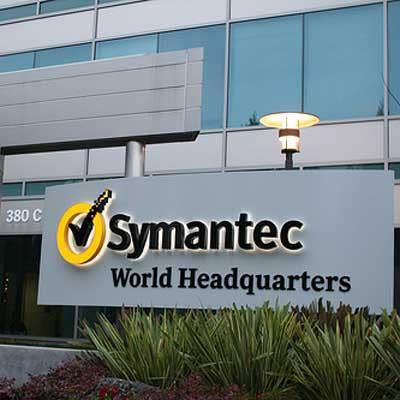
Symantec's eBay Policing Pays Off
Microsoft isn't the only software vendor that's grappled with the counterfeit issue.
In 2004, Symantec pressed charges against Papa B Enterprises, a discount reseller based in Grosse Pointe Farms, Mich., for allegedly selling bootleg versions of its software. Papa B Enterprises was slapped with a $3.2 million fine, with owner Richard Mastrogiovanni having to pay $25,000 of that from his own pocket.
Papa B Enterprises allegedly was selling phony Symantec software on eBay, when the security vendor itself posed as one of Papa B Enterprises' buyers. Then, when Symantec got its hands on the software, it discovered it was counterfeit. Mastrogiovanni maintained that Papa B Enterprises didn't realize the product was a fake.
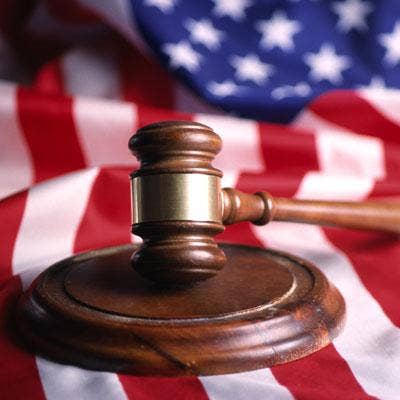
'A Crime Of Pure Greed'
In yet another reseller-related Cisco counterfeit scam, Charles Lacy-Thompson, former owner of Coletronic Computer, was sentenced to 30 months in prison for trafficking and selling bogus Cisco equipment.
In what U.S. District Judge Stephen C. Robinson called at the time "a crime of pure greed," Lacy-Thompson allegedly was importing generic items from China that resembled Cisco transceivers, or devices used to transmit and receive data across networks, along with packages of white stickers bearing the model numbers of transceivers manufactured by Cisco.
Lacy-Thompson and his co-conspirators would then market and sell the gear as legitimate Cisco products to customers in the U.S. and Europe through Coletronic, which was based in Ossining, N.Y.
As part of his plea agreement, Lacy-Thompson agreed to forfeit $2.2 million in cash and property to the U.S.